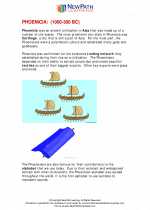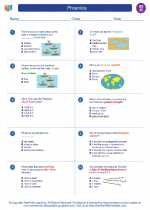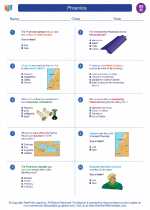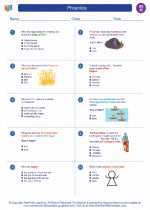Hanukkah
Hanukkah, also known as the Festival of Lights, is a Jewish holiday that commemorates the rededication of the Second Temple in Jerusalem during the Maccabean Revolt against the Seleucid Empire. The festival is observed for eight nights and days, starting on the 25th day of Kislev on the Hebrew calendar, which usually falls in December on the Gregorian calendar.
History
The history of Hanukkah dates back to the 2nd century BCE when the Seleucid King Antiochus IV Epiphanes outlawed Judaism and desecrated the Second Temple. A group of Jewish rebels, known as the Maccabees, led a successful revolt against the Seleucid forces and reclaimed the temple. After cleansing and rededicating the temple, the Maccabees lit the menorah, a seven-branched candelabrum, which miraculously stayed lit for eight days despite having only enough oil for one day. This event is celebrated during Hanukkah as the miracle of the oil.
Celebration and Customs
During Hanukkah, Jewish families light the menorah, adding one candle for each night of the festival until all eight candles are lit. Special prayers are recited, and blessings are said before lighting the menorah. Traditional Hanukkah foods, such as latkes (potato pancakes) and sufganiyot (jelly donuts), are enjoyed during the festival. The dreidel, a four-sided spinning top with Hebrew letters on each side, is also a popular Hanukkah game.
Study Guide
- What is the significance of the rededication of the Second Temple during Hanukkah?
- Describe the historical events that led to the celebration of Hanukkah.
- Explain the symbolism of the menorah and its significance during Hanukkah.
- Discuss the traditional foods and activities associated with the celebration of Hanukkah.
- How is the story of the miracle of the oil commemorated during Hanukkah?
[Hanukkah] Related Worksheets and Study Guides:
.◂Social Studies Worksheets and Study Guides Eighth Grade. Phoenicia

 Worksheet/Answer key
Worksheet/Answer key
 Worksheet/Answer key
Worksheet/Answer key
 Worksheet/Answer key
Worksheet/Answer key
